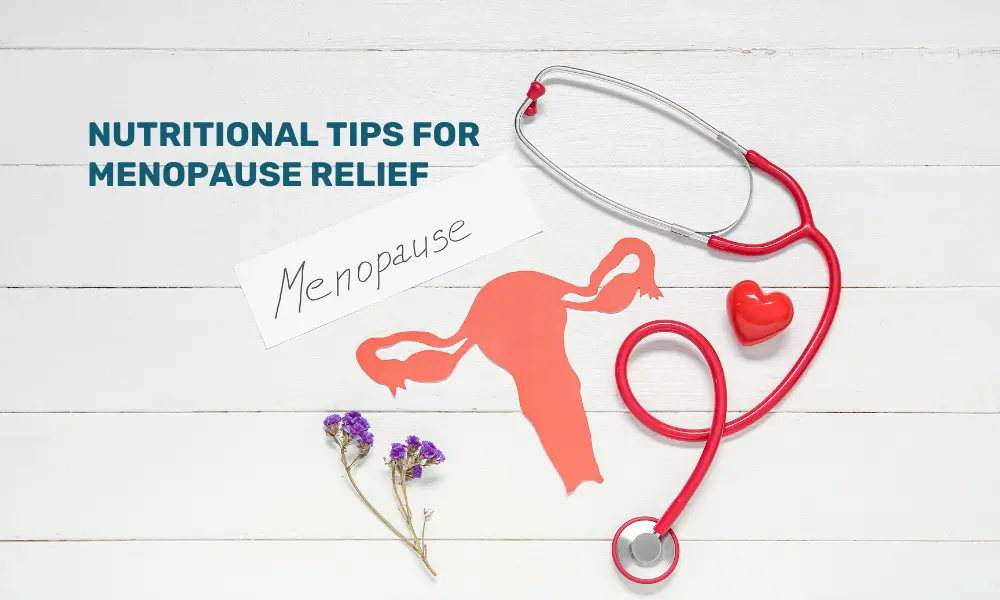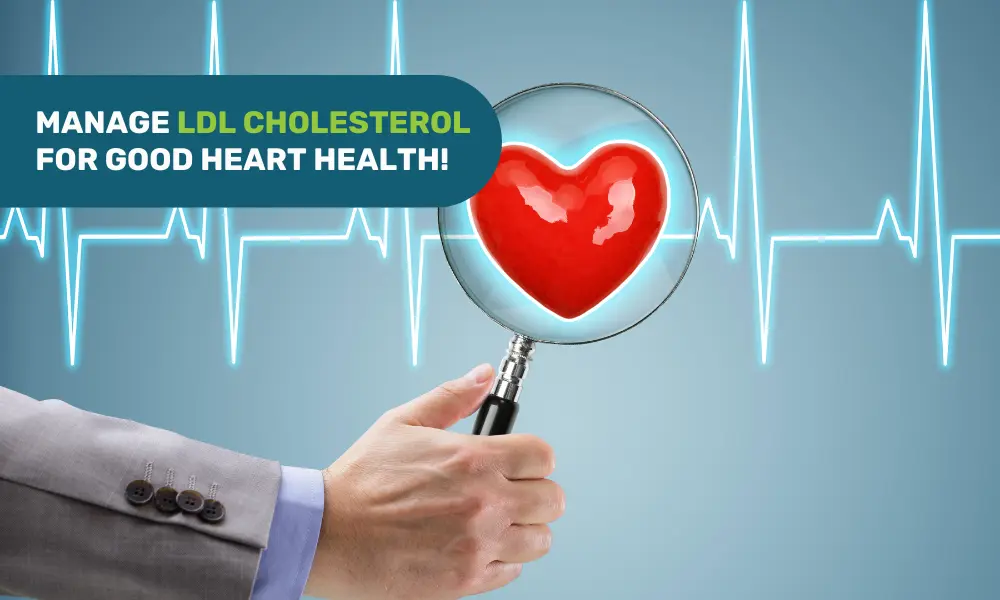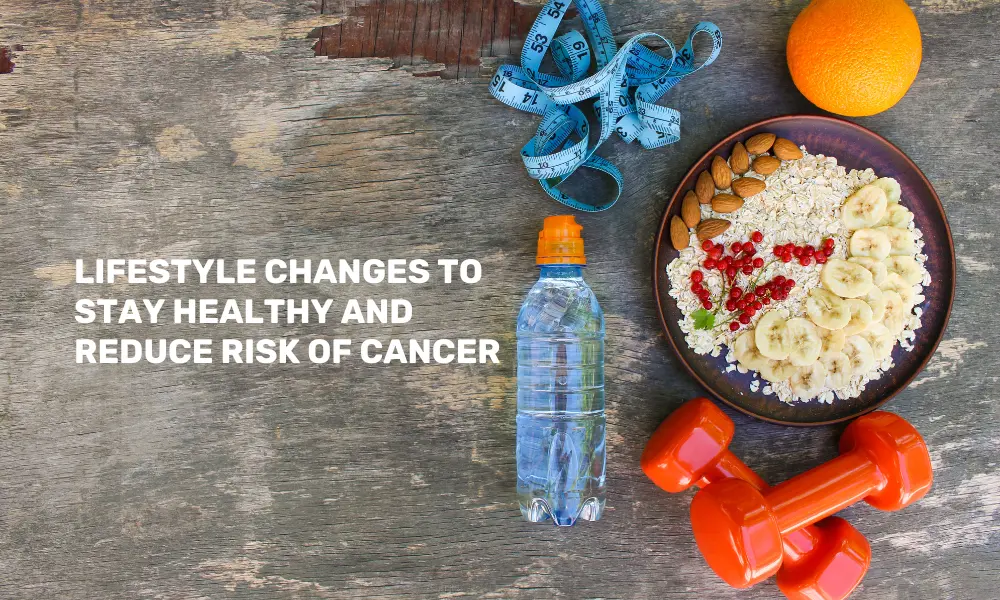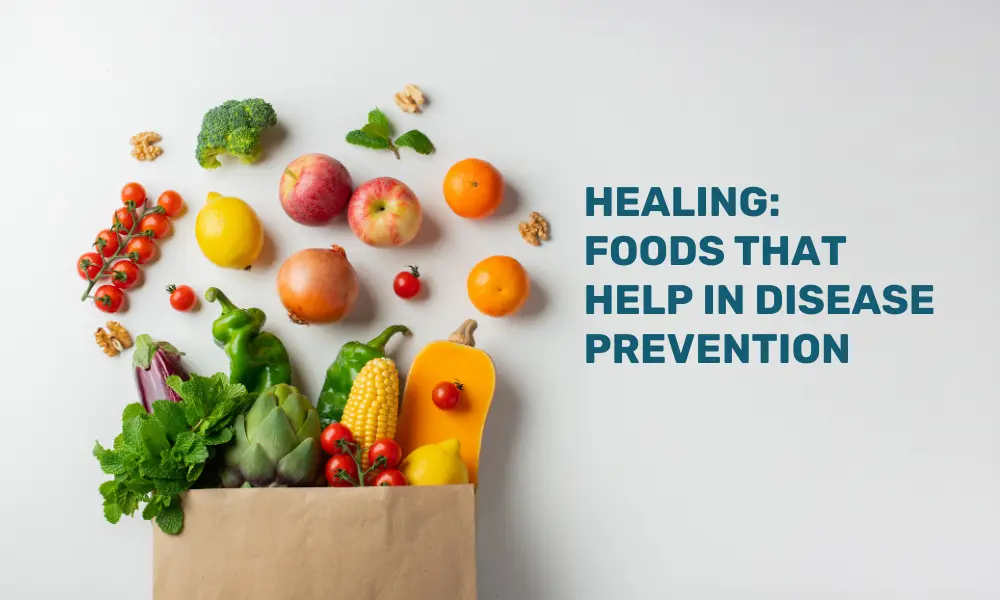Menopause is a normal transition in a woman’s life. Usually, by the age of 45–55 years, the menstrual cycle ceases due to a decline in estrogen and progesterone levels. Even though it is a natural process, the accompanying symptoms of hot flashes, weight gain, insomnia, mood swings, and loss of bone density are not only unpleasant but can also affect one drastically in terms of health and well-being.
However, nutrition plays a crucial role in managing these changes, but only a few women realize the difference that some food choices can make. Our in-house expert, Dt. Aparna Pandey, MSC-Nutrition and Dietetics, shares a list of food types women must include in their diet as the approach menopause.
1. Consume Phytoestrogenic Foods:
Once estrogen levels drop, hot flashes, night sweats, and vaginal dryness worsen. Phytoestrogens, plant estrogens that function in the body similarly to estrogen, can help fill this hormonal void naturally. Phytoestrogens are found in:
Soy foods: tofu, tempeh, soymilk, edamame
Flaxseeds: high in lignans that promote hormonal balance
Sesame seeds and chickpeas: other plant food sources of weak estrogenic substances
Still, everything must be done in moderation. Excessive intake of processed soy supplements is not recommended without the supervision of a licensed dietitian.
2. Use Calcium and Vitamin D for Bone Health:
The sudden drop in estrogen speeds up resorption of bones, and there is a high risk of osteoporosis and fractures. A daily intake of approximately 1200 mg of calcium and adequate vitamin D (600–800 IU/day) is necessary. Sources are:
Low-fat dairy: milk, paneer, yogurt
Non-dairy: ragi, sesame seeds, almonds, leafy greens such as spinach and amaranth
Vitamin D: fortified food, mushrooms, and judicious use of sunlight (15–20 minutes/day)
Interestingly, a high-protein diet would actually enhance calcium absorption and bone remodelling if accompanied by adequate micronutrients—something most women do not bother with.
3. Preserve Muscle Mass through Protein and Resistance Nutrition:
After menopause, the body’s muscle mass naturally decreases, slowing metabolism and encouraging fat storage notably around the midsection. Adequate protein intake of 1–1.2 g/kg body weight/day helps preserve lean tissue.
Good options are:
Lentils, beans, and chickpeas
Eggs, fish, and lean poultry
Plant protein such as quinoa, soy, and amaranth
Combining protein with strength or resistance training maximizes effects, preventing sarcopenia (age-related loss of muscle).
4. Weight and Blood Sugar Control through Balanced Carbohydrates:
Insulin resistance increases after menopause, tending to create midriff fat and a higher risk for type 2 diabetes. Refined carbohydrates, sweet drinks, and processed foods may exacerbate this. Instead, choose:
Low-GI carbohydrates: oats, barley, millets, and legumes
Fiber-rich vegetables and fruits: for levelling blood sugar and enhancing satiety
Portion control: small, frequent meals balance hunger and energy
Eating complex carbs with protein and healthy fats at each meal ensures a levelling of glucose throughout the day.
5. Nourish the Heart through Healthy Fats:
Estrogen is protective for heart health, so their decline increases LDL cholesterol and risk of cardiovascular disease. Substitution of unsaturated for saturated fats may help:
Omega-3 fatty acids: walnuts, flaxseeds, chia seeds, and fish (salmon, sardine)
Cold-pressed oils: mustard, olive, or sesame oil in limited amounts
Avoid trans fats found in bakery items, fried foods, and snack foods
Research also points to omega-3s reducing hot flashes and mood swings an under-talked benefit.
6. Micronutrients that Matter:
Some vitamins and minerals are under-recognized but have potent effects during menopause:
Magnesium: for relaxation and sleep quality (in nuts, seeds, and whole grain foods)
B-vitamins: for stability of mood and nerve function (in eggs, legumes, and whole cereals)
Zinc and Selenium: for immune system functioning and thyroid equilibrium
Even mild deficiencies can exacerbate fatigue and mood swings—so regular dietary variation is crucial.
7. Hydration and Herbal Support:
Recurring hot flashes and night sweats can contribute to dehydration. Shoot for a minimum of 2–2.5 liters of fluid per day, including herbal teas such as chamomile or black cohosh, which have been shown to decrease vasomotor symptoms.
In a Nutshell:
Menopause is not the end it’s a new beginning metabolically. A conscious, nutrient-rich diet combined with exercise and emotional health can allow women to not only “get through” menopause but thrive during it. Working with an educated dietitian guarantees that every nutritional decision is personalized, research-supported, and tailored to your body’s individual hormonal process. For more such nutrition-related tips – CLICK HERE!
Disclaimer: This article is meant for informational purposes only and must not be considered a substitute for professional advice.





